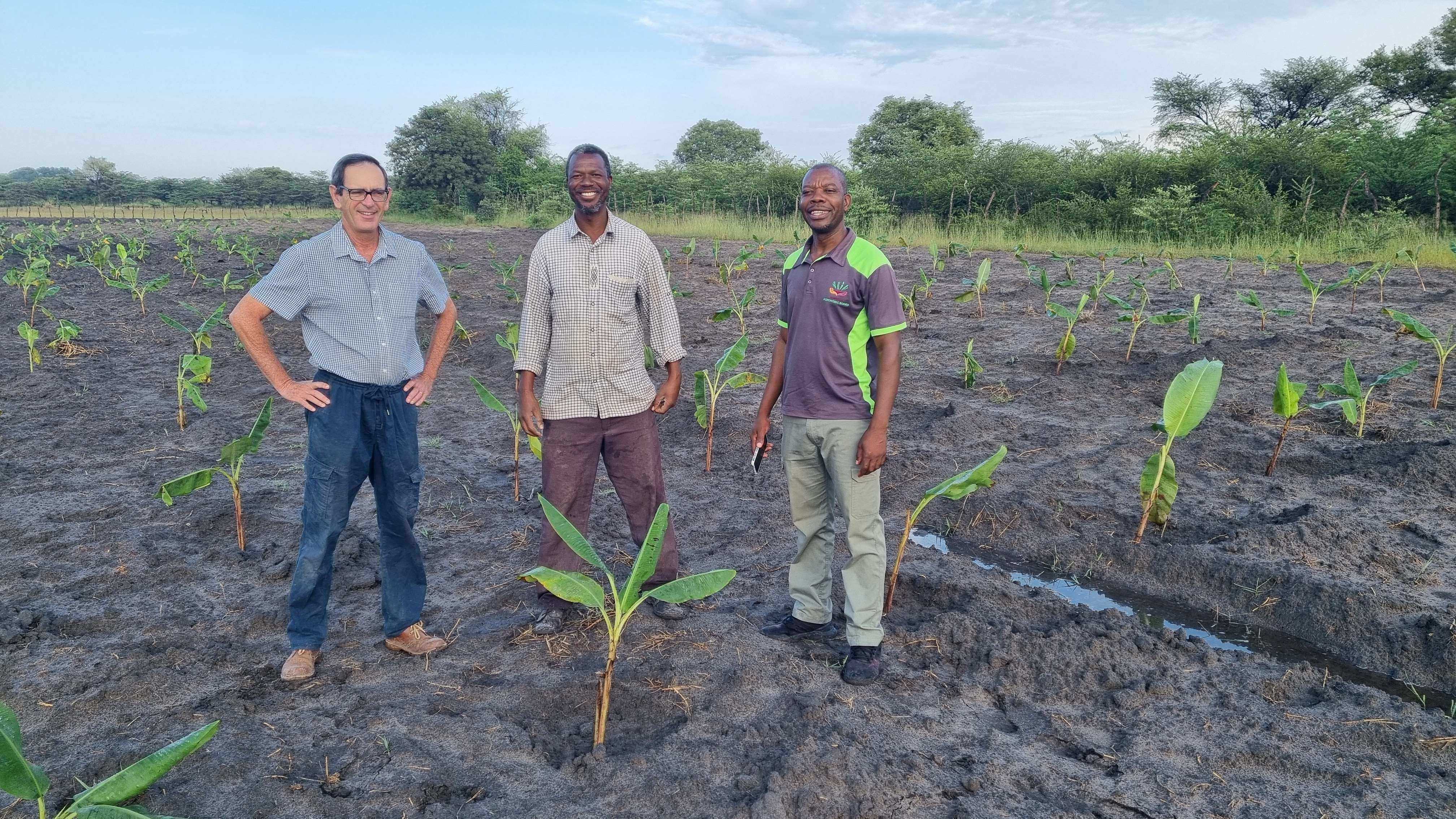Growing Namibia’s banana sector
Addressing key obstacles
The Banana Project aims to develop Namibia's banana varieties and seeks to promote the commercialisation of banana production.
Bananas are the second-most consumed fruit in Namibia, but the country currently relies 100% on imports to fill the domestic demand gap.In an effort to address this, the Namibian Agronomic Board (NAB) and AvaGro recently announced a significant milestone in their local Banana Project
In a joint press release issued by NAB spokesperson Auguste Fabian, she said the project recently successfully planted 2 222 tissue culture banana seedlings of two varieties during its first field trial on a one-hectare plot at Mango Vuluzi farm in the Singalamwe area, in the Zambezi production zone.
The project stems from an agreement signed by the two organisations in October 2023.
It aims to develop Namibia’s banana varieties to demonstrate superior performance across agro-ecological zones in Namibia.
“This initiative also seeks to promote the commercialisation of banana production by addressing a key obstacle in the country, being the scarcity of high-quality, disease-free banana seedlings that are adaptable to Namibia’s soil and climate conditions,” said Fabian.
Project partners
Calicious Sommone, a recipient of the first banana trial in Mango Vulizi, said she is grateful to the two organisations for being selected and having been given the opportunity to participate in the field trials.
The planted tissue culture plants consisted of 2 000 Grand Naine and 222 Williams banana varieties, all obtained from Pasture Valley, a fully registered company and horticultural supplier from Eswatini.
The supplier also renders technical support to the Banana Project task team, consisting of NAB and AvaGro technical staff and the participating farmers.
Expansion being tested
Fabian said the Banana Project plans to increase the number of field trial sites to cover various agro-ecological zones across the country over the next 12 months.
To facilitate the expansion, soil and water samples have been collected from potential sites to undergo testing in order to assess the suitability of the land for banana cultivation.
The NAB and AvaGro remain steadfast in providing relevant and comprehensive crop value-chain research in the agronomic and horticulture industries, said Fabian.




